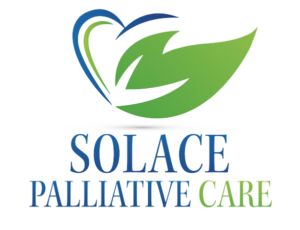
Are frequent visits to the ER a significant part of the past six to twelve months? Does your loved one seem more fatigued? Less interested in eating? Perhaps a bit withdrawn?
These symptoms may be hallmarks of a serious illness your relative will overcome. But it’s also possible that these signal that your family member no longer has the reserves to beat their condition. We all get to this point in life. Still, it can be hard to grasp when it is your loved one at this juncture.
While we each have our own journey, there are common signs that a person is entering their final chapter. The medical term is “frailty syndrome.” Here are some indications:
- Multiple hospitalizations or trips to the ER
- Frequent infections
- Reduced appetite, weight loss
- Sleeping more, especially during the day
- Trouble with balance (falling), walking, and getting around
- Requiring assistance with bathing, dressing, eating, or toileting
- Withdrawing from activities and social gatherings
- Nostalgic reflection on the past
- Mental fuzziness or confusion
If you recognize some of these signs, it doesn’t mean your loved one is at death’s door. To gain perspective, consider asking the doctor, “Would you be surprised if [relative’s name] were to pass away in the next year?”
Difficult as it may be to hear, the doctor’s feedback offers opportunities for discussion and choices. Your loved one can consider how to live out the time remaining to them. At this stage, many people may decide there will be no more hospital visits. No more chemo. No more fighting the inevitable. However, they may still have goals they hope to achieve, relationships to mend, or simply want time to spend with family. One option for relief from taxing symptoms is hospice care. They provide symptom relief so your loved one can live fully in the time that is left.

